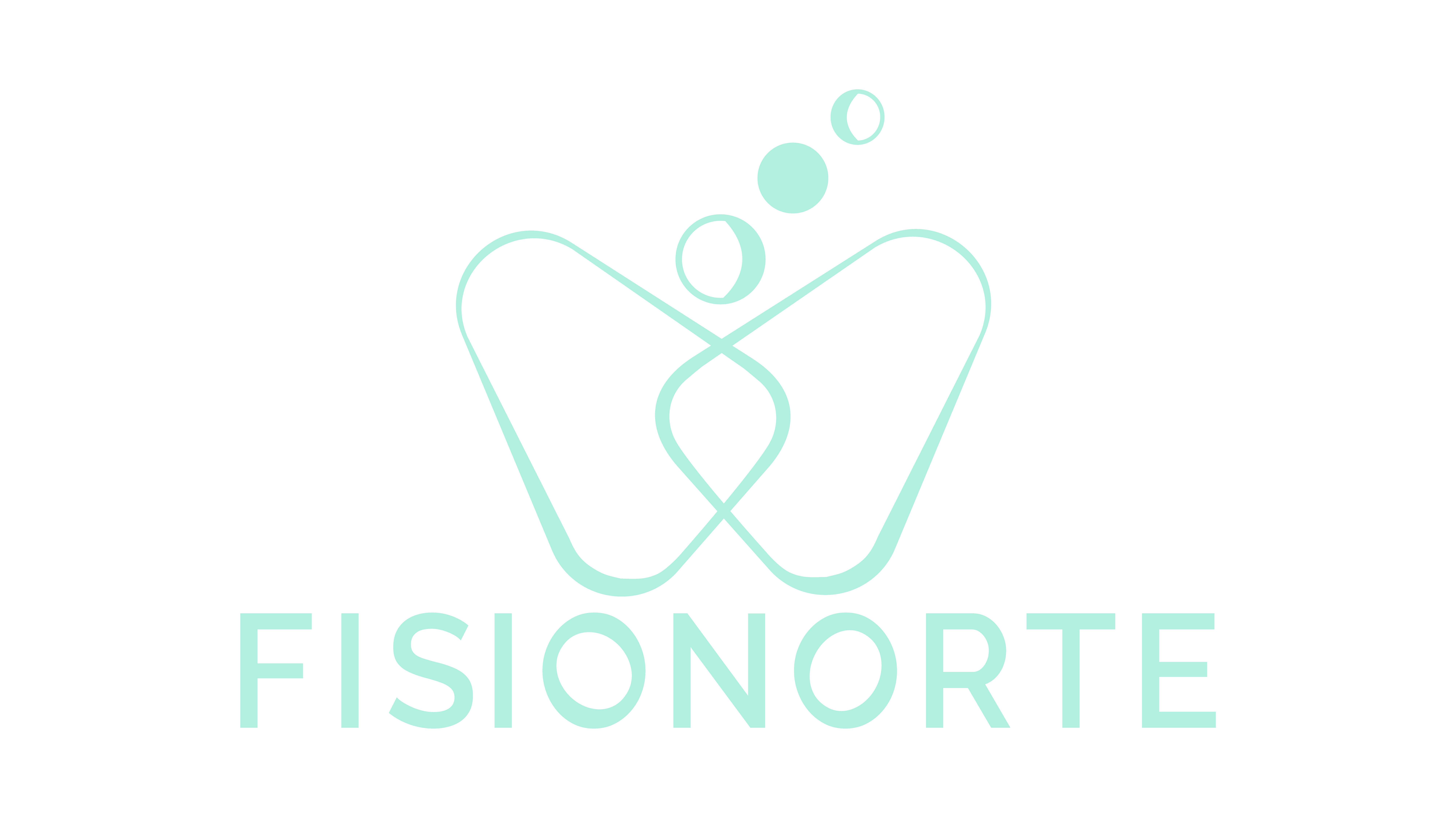The advent of blockchain technology has revolutionized the way we think about investing and financial transactions. One of the most exciting developments in this space is the use of smart contracts to streamline and automate investment processes. Smart contracts are self-executing contracts with the terms of the agreement directly written into code. They run on blockchain technology and automatically execute when Bitbot Max certain conditions are met.
Smart contracts offer a number of advantages for investors, including increased transparency, security, and efficiency. By removing the need for intermediaries and automating the execution of transactions, smart contracts can reduce the time and cost associated with investing. They also eliminate the potential for fraud or manipulation, as the terms of the contract are immutable and cannot be altered after they are deployed.
One of the key ways in which smart contracts are enhancing investment prospects is through tokenization. Tokenization involves representing real-world assets, such as stocks, bonds, real estate, or commodities, as digital tokens on a blockchain. These tokens can then be traded on cryptocurrency exchanges or used as collateral for loans. By tokenizing assets, investors can gain fractional ownership of high-value assets and easily diversify their portfolios.
Another benefit of smart contracts in investment is the automation of dividend payments and profit distributions. Traditional investment processes can be slow and inefficient, with delays in processing dividends and profits. Smart contracts can automate these payments, ensuring that investors receive their returns in a timely manner without the need for manual intervention.
Additionally, smart contracts can be used to create decentralized autonomous organizations (DAOs) for investment purposes. DAOs are organizations run by smart contracts and governed by their members through voting mechanisms. Investors can pool their funds into a DAO, which then makes collective investment decisions based on the consensus of its members. This decentralized approach to investing can help reduce the influence of centralized entities and promote more democratic decision-making.
However, it is important to note that smart contracts are not without their challenges. Security vulnerabilities, coding errors, and regulatory concerns are all potential risks associated with smart contract technology. It is crucial for investors to conduct thorough due diligence and work with experienced developers to ensure that smart contracts are secure and compliant with relevant laws and regulations.
In conclusion, blockchain-based smart contracts have the potential to enhance investment prospects by increasing transparency, efficiency, and security. By leveraging the power of smart contracts, investors can tokenize assets, automate dividend payments, and participate in decentralized investment vehicles such as DAOs. While challenges exist, with proper precautions and diligence, smart contracts offer a promising future for the investment landscape.
